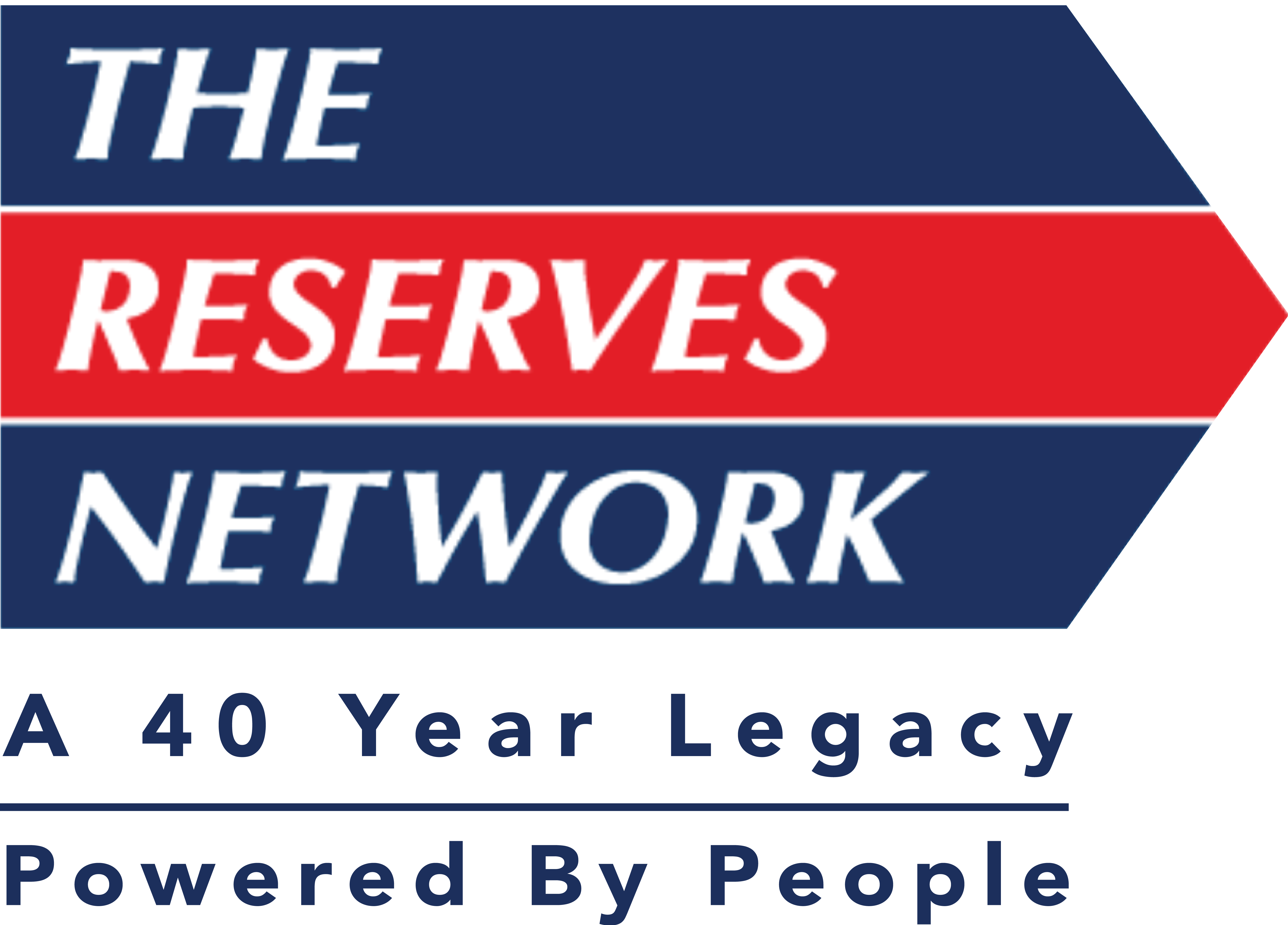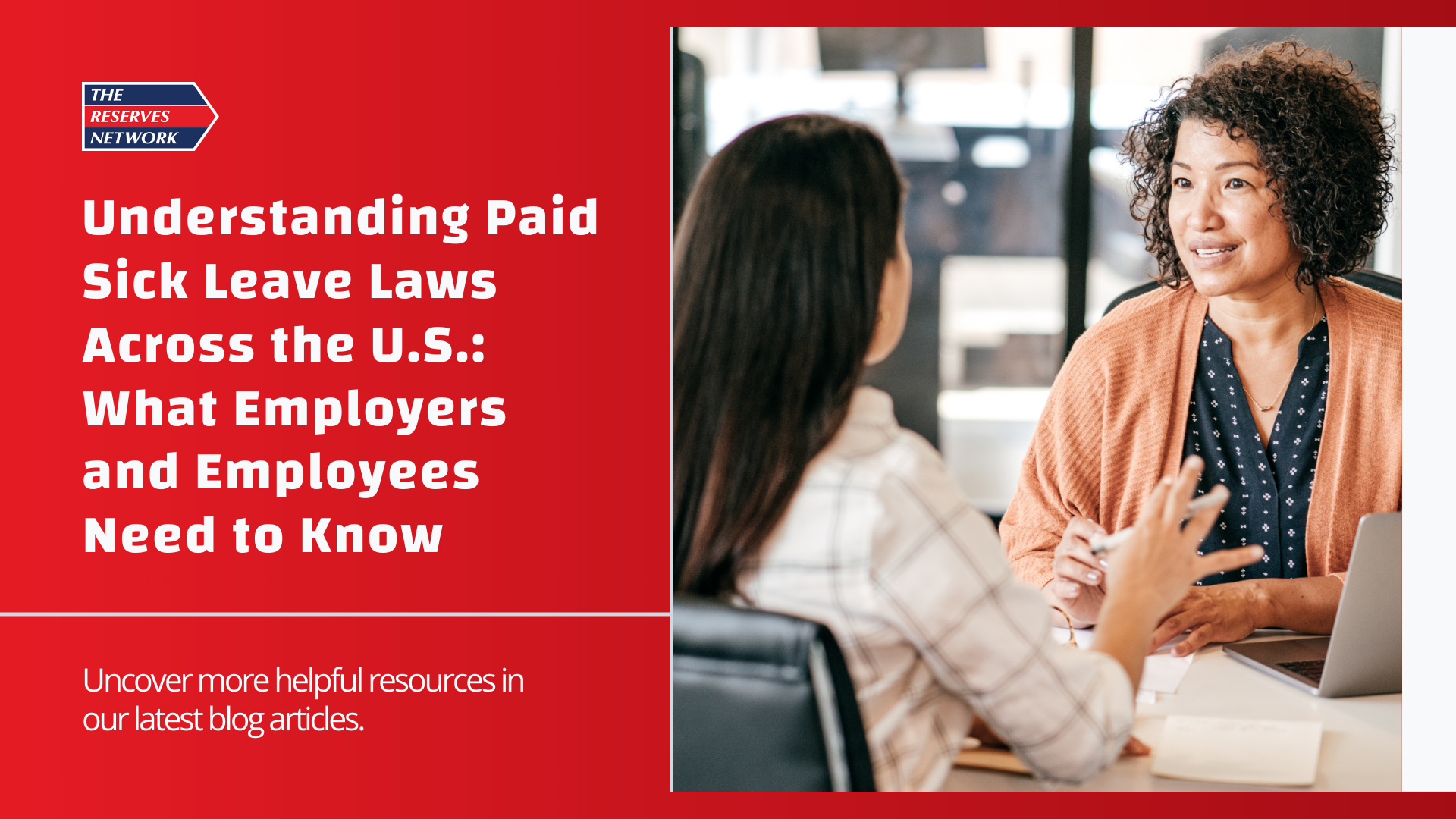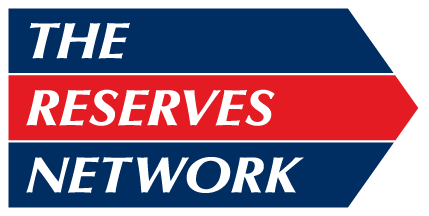Understanding Paid Sick Leave Laws Across the U.S.: What Employers and Employees Need to Know
As more states across the U.S. implement paid sick leave laws, it’s essential for employers and employees to stay informed about their rights and responsibilities. While Nebraska made headlines with its new Paid Sick Leave law, several other states have enacted similar policies that impact businesses and workers alike. Whether you’re managing a company or navigating your career, understanding the broader landscape of paid sick leave laws will help you comply with regulations and protect employee well-being.
Here, we’ll break down the key points of paid sick leave laws across the nation, highlighting Nebraska’s law while also exploring what other states are doing in this area.
What Are Paid Sick Leave Laws?
Paid sick leave laws require employers to provide paid time off for employees to manage their health needs or care for a sick family member. These laws aim to ensure that employees don’t have to choose between taking care of their health and losing income. Paid sick leave can cover personal illness, medical appointments, or caring for an ill family member. As of now, many states and cities have adopted paid sick leave laws, though the specifics of each policy vary.
Key Points of Paid Sick Leave Laws Nationwide
- Accrual of Sick Time: Across most states with paid sick leave laws, employees accrue sick time based on the hours worked. For example, an employee might earn one hour of paid sick leave for every 30 hours worked. Some states allow employees to earn more or less depending on the size of the employer or the employee’s hours worked. This system ensures that part-time workers have access to sick leave as well.
- Usage of Sick Time: The majority of paid sick leave laws allow employees to use sick time for personal illness, medical appointments, or to care for a family member. Some states have expanded the use of paid sick leave to cover emergency situations, such as when a child’s school is closed or for certain family caregiving needs.
- Employer Requirements: Employers in states with paid sick leave laws are typically required to track the accrual and usage of sick time, update employee handbooks with relevant policies, and provide employees with information on how to request and use sick time. Employers must also ensure that sick leave is provided without fear of retaliation, such as demotion or termination.
- Carryover Provisions: In most states, unused sick leave can be carried over to the next year, although limits may apply. Employees should familiarize themselves with the specific carryover policies of their employer, as some states set limits on the amount of sick leave that can be carried over or require employers to pay out unused sick leave.
Paid Sick Leave Laws in the U.S. by State
Nebraska’s Paid Sick Leave Law: Nebraska recently passed its own paid sick leave law, which mandates that businesses provide employees with paid sick time. Workers can use this time for personal health needs, medical appointments, or to care for family members. The law ensures that employees are not penalized for taking sick leave, and employers are required to keep accurate records of sick leave accruals and usage.
However, Nebraska is just one of many states with similar laws in place. Let’s explore the broader picture.
States with Paid Sick Leave Laws:
- California: California’s paid sick leave law allows employees to earn and use paid sick leave for themselves or family members. Workers earn at least one hour of paid sick leave for every 30 hours worked, and employers must allow unused sick leave to carry over.
- Connecticut: Connecticut was the first state to implement a statewide paid sick leave law, which applies to employers with 50 or more employees. Workers are entitled to one hour of paid sick leave for every 40 hours worked.
- Massachusetts: Massachusetts’ paid sick leave law applies to employees working for employers with 11 or more employees. Workers earn one hour of paid sick leave for every 30 hours worked, and they are allowed to use the sick leave for their own illness or to care for family members.
- New York: New York provides paid sick leave to workers in most industries. The amount of paid sick leave depends on the size of the employer, with larger companies required to provide more sick leave. Employees are allowed to use sick leave for their own health needs or to care for family members.
- Oregon: Oregon’s paid sick leave law applies to businesses with 10 or more employees. Employees can earn one hour of paid sick leave for every 30 hours worked and can use the time to care for themselves or family members.
Many other states have followed suit, either through statewide legislation or city-specific ordinances. Each state’s policy varies in terms of the amount of sick leave employees are entitled to, the industries affected, and other specific requirements.
How Does This Impact Employers?
With paid sick leave laws now in effect across many states, employers need to review their workplace policies and ensure compliance with state regulations. Here are key steps businesses must take:
- Update Employee Handbooks: Employers should revise handbooks to include clear information about sick leave policies, including accrual rates, usage, and the process for requesting time off.
- Track Accruals and Usage: Employers must accurately track employees’ sick leave accrual and usage to ensure compliance and avoid any discrepancies.
- Provide Communication and Training: Employers should ensure that employees understand their rights under the paid sick leave law and provide training to managers on how to handle requests for sick time.
- Stay Informed: Employment laws continue to evolve, so employers must stay updated on any changes or additions to state-specific paid sick leave policies.
How Does This Impact Employees?
For employees, paid sick leave provides important financial security and peace of mind. Here’s how employees can benefit:
- Know Your Rights: Employees should understand how much sick leave they are entitled to, how it’s accrued, and the process for requesting and using sick leave. Being informed ensures that employees take full advantage of their rights.
- Track Sick Leave: Employees should monitor their accrued sick leave and plan ahead for any anticipated medical appointments or family care needs. Advanced notice and proper documentation will help ensure smooth approval of requests.
- No Fear of Retaliation: Employees can use their sick leave without fear of retaliation. If an employee feels they are being treated unfairly for using sick leave, they should report the issue to HR or seek legal advice.
The landscape of paid sick leave laws is evolving rapidly across the United States. With states like California, Massachusetts, and New York leading the charge, and Nebraska joining the ranks, it’s important for both employers and employees to understand how these laws impact their rights and responsibilities. For employers, staying compliant with state regulations is essential, while employees should take full advantage of their right to paid sick leave to protect their health and well-being.
At The Reserves Network, we are committed to keeping both employers and employees informed about key changes in employment law. If you need help navigating paid sick leave policies or ensuring your business is compliant, don’t hesitate to reach out. We’re here to help you stay proactive and informed.



